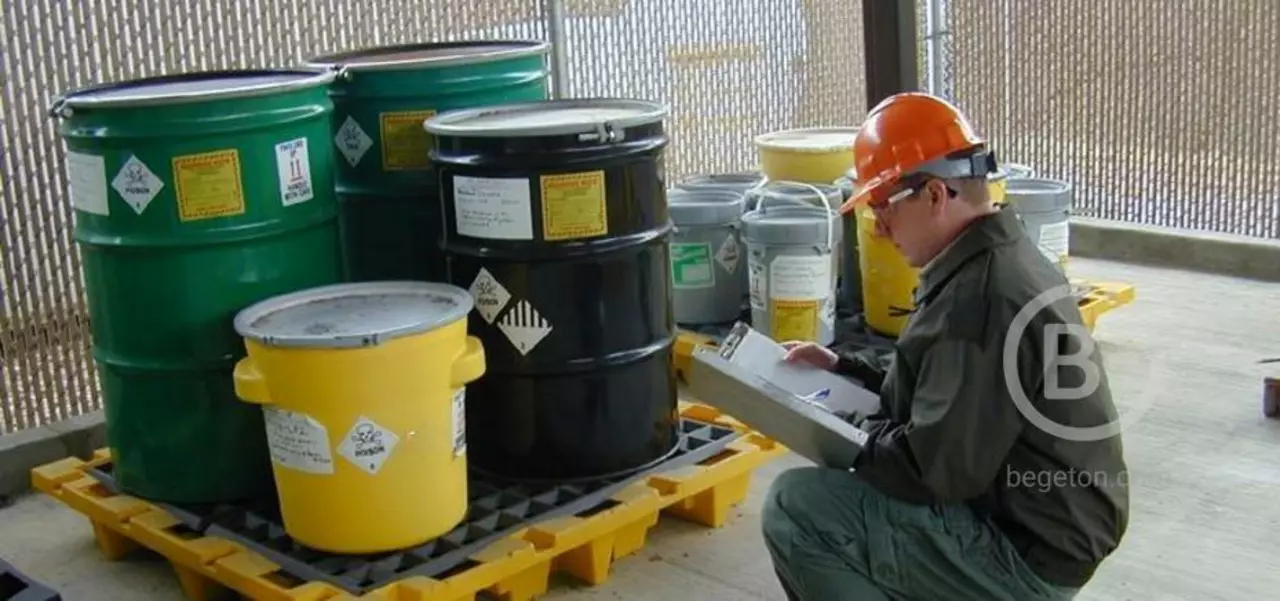How to Store Medications So They Stay Safe and Work Right
If you keep your pills, creams, or liquids in the wrong spot, they can lose strength or even become harmful. The good news is that storing meds properly isn’t rocket science – just a few habits and you’ll protect your health and money.
Why Proper Storage Matters
Every drug comes with an expiration date for a reason. Heat, light, and moisture break down active ingredients faster than you think. For example, ibuprofen left in a hot bathroom can lose up to 20% of its pain‑relieving power after a few months. Insulin is even more sensitive; exposure to temperatures above 30°C (86°F) can render it useless within hours.
Besides losing effectiveness, improper storage can create safety risks. Liquid antibiotics that get warm may grow bacteria, and some creams become breeding grounds for mold. Child safety is another angle – medicines left on a kitchen counter are easy targets for curious kids.
Best Practices for Storing Different Types
Tablets and capsules: Most solid meds are fine in a cool, dry place away from direct sunlight. A bedroom drawer or a high kitchen cabinet works if the room stays under 25°C (77°F). Keep them in their original container so you still have the label handy.
Liquid medicines and suspensions: These often need refrigeration after opening. Check the bottle; many will say “store at 2‑8°C”. If you don’t have fridge space, a small insulated cooler can do the trick for short trips.
Topical creams and ointments: Store them in a room where temperature doesn’t swing wildly. Avoid bathrooms if they get steamy – humidity can change the texture and promote bacterial growth.Supplements like black seed oil or Chaga powder: They’re best kept in a dark pantry, sealed tightly to keep air out. Light and oxygen speed up oxidation, which makes them taste rancid and lose health benefits.
Special drugs (insulin, certain antibiotics, vaccines): Follow the manufacturer’s cold‑chain instructions exactly. Use a dedicated mini‑fridge if you need to keep them at a stable 2‑8°C for weeks.
Regardless of type, always place medicines out of reach of children and pets. A high shelf or a locked cabinet is ideal. If you travel, pack meds in an insulated bag with a small ice pack – but remember that some drugs (like inhalers) can be damaged by extreme cold, so check the guidelines.
Finally, keep an eye on expiration dates. When a drug passes its date, don’t just toss it in the trash; many pharmacies offer safe‑dispose programs. This keeps harmful chemicals out of landfills and protects your community.
By following these simple steps – cool, dry, out of sight, and respecting each product’s label – you’ll make sure every dose works as intended. Your health deserves that level of care, and the effort is minimal compared to the benefit.

